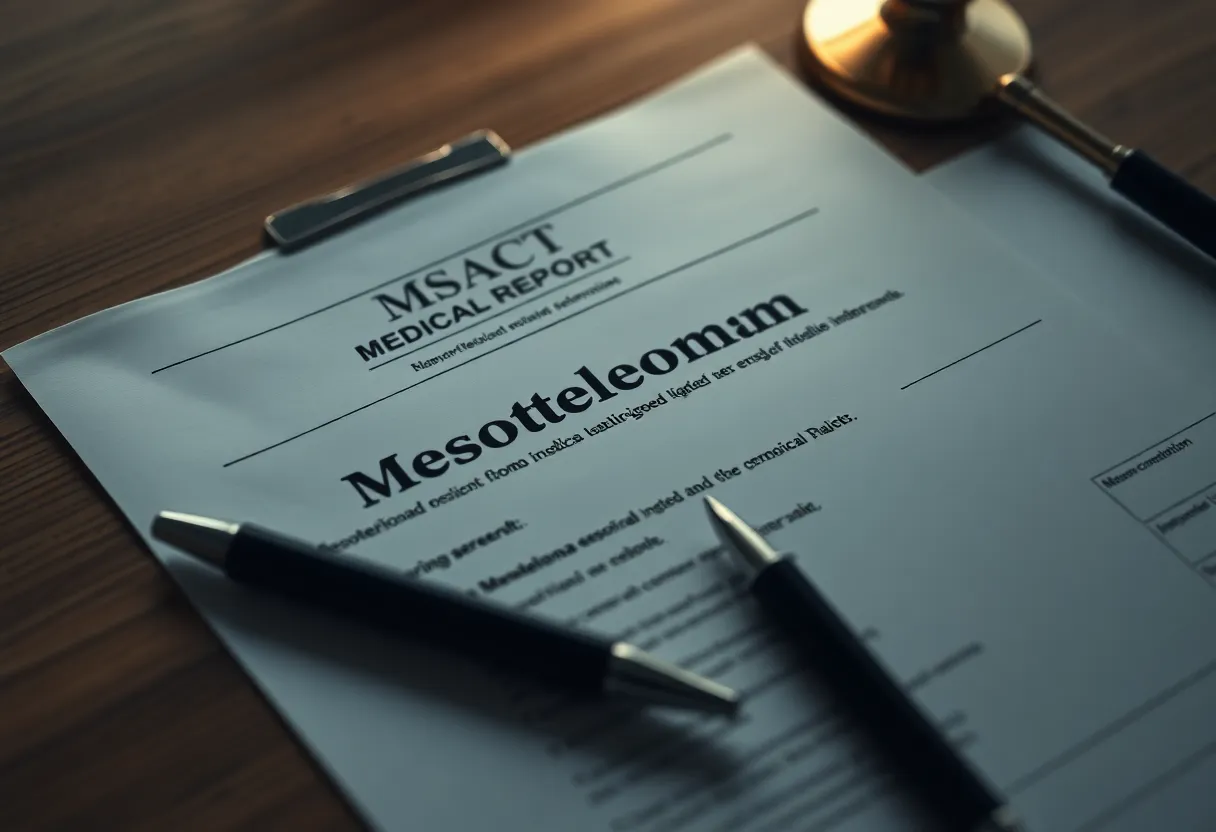Understanding Mesothelioma Settlements: What to Know
Mesothelioma is a rare and aggressive cancer primarily caused by exposure to asbestos. It affects the lining of the lungs, heart, or abdomen and is often diagnosed at an advanced stage, making treatment challenging. When a diagnosis occurs, many victims and their families begin to explore mesothelioma settlements as a means of obtaining compensation for medical expenses, loss of income, and pain and suffering. This article aims to provide a comprehensive overview of mesothelioma settlements, including important factors to consider and compensation tips.
What are Mesothelioma Settlements?
Mesothelioma settlements are financial agreements between a plaintiff (the victim) and the defendant (usually a manufacturing company or employer liable for asbestos exposure). Rather than going to trial, the parties may negotiate a settlement to resolve the case. Settlements can lead to quicker compensation for victims, often avoiding the stress and uncertainty of a court trial.
The Settlement Process
Initial Diagnosis
The settlement process typically begins after a confirmed diagnosis of mesothelioma. The victim or their family should seek legal counsel specialized in asbestos litigation to explore their rights and options.
Gathering Evidence
Evidence is crucial for establishing the link between the victim’s exposure to asbestos and their diagnosis. This may include:
- Medical records
- Work history
- Documentation of asbestos exposure
Filing a Claim
Once sufficient evidence is gathered, a legal claim may be filed against liable parties. This initiates the process toward a potential settlement.
Negotiation
After a claim is filed, the defendant’s insurance company will likely respond with a settlement offer. Negotiation can take place, often with the assistance of legal counsel, to achieve a fair and reasonable compensation amount.
Considerations During Negotiation
Several factors influence the negotiation process, including:
- The severity of the victim’s condition
- Documented evidence of financial loss
- Future medical expenses
- Emotional distress
Types of Compensation Available
In a mesothelioma settlement, various types of compensation may be awarded. Understanding these can help victims evaluate their claims more thoroughly.
Economic Damages
Economic damages cover tangible losses incurred as a result of the illness, including:
- Medical expenses (past and future)
- Lost wages
- Loss of earning capacity
- Funeral expenses (in case of wrongful death)
Non-Economic Damages
Non-economic damages address intangible losses such as:
- Pain and suffering
- Emotional distress
- Loss of companionship
- Reduced quality of life
Punitive Damages
In some cases, punitive damages may be awarded if the defendant’s actions are found to be particularly egregious. This serves as a deterrent to prevent similar conduct in the future.
Average Settlement Amounts
The average amount of a mesothelioma settlement can vary widely. Factors affecting settlement amounts include:
- Extent of exposure
- Severity of the illness
- The financial status of the defendant
- The strength of the case
On average, settlement amounts can range from $1 million to over $2.5 million, depending on the specifics of each case. However, it is essential to note that individual cases may yield significantly higher or lower settlements.
Compensation Tips for Victims
Seeking compensation through a mesothelioma settlement can be a complex process. Here are some compensation tips to enhance your chances of achieving a favorable outcome:
Consult an Experienced Attorney
Engaging an attorney experienced in mesothelioma cases is critical. They can guide you through the legal process, advocate for your rights, and handle negotiations effectively.
Document Everything
Maintain detailed records of all medical treatments, expenses, and lost wages. Comprehensive documentation strengthens your case and provides a clearer picture of your financial needs and medical status.
Understand Your Rights
Victims must understand their legal rights and the options available for seeking compensation. Knowledge about the legal framework surrounding asbestos exposure enhances your ability to make informed decisions.
Be Prepared for Negotiation
Settlements can involve negotiation. Be prepared to discuss expected compensation levels based on documented needs and establish a bottom line for negotiations.
Consider Timing
The timing of filing a claim is important. Many states have statutes of limitations that specify the time frame within which a claim must be filed. Ensuring timely action helps protect your rights.
Common Myths About Mesothelioma Settlements
Several misconceptions exist regarding mesothelioma settlements. Clarifying these can help victims approach the process with a more informed perspective.
Myth: All Cases Go to Trial
Contrary to popular belief, most mesothelioma claims are settled before going to trial. Settlements can expedite compensation and reduce stress for victims.
Myth: Compensation is Guaranteed
While many cases result in settlements, compensation is not guaranteed. Successful outcomes depend on the strength of the evidence and the willingness of the defendant to negotiate fairly.
Myth: You Cannot File a Claim If You Have Not Worked Directly with Asbestos
Victims can pursue claims based on secondhand exposure as well. Family members of workers who were exposed to asbestos may also be eligible for compensation.
Conclusion
Understanding mesothelioma settlements is essential for victims seeking compensation for their suffering. The complexities involved demand careful consideration, expert legal advice, and thorough documentation of all related medical and financial aspects. By following the outlined compensation tips and dispelling common myths, victims can empower themselves on their journey toward obtaining just compensation.



















